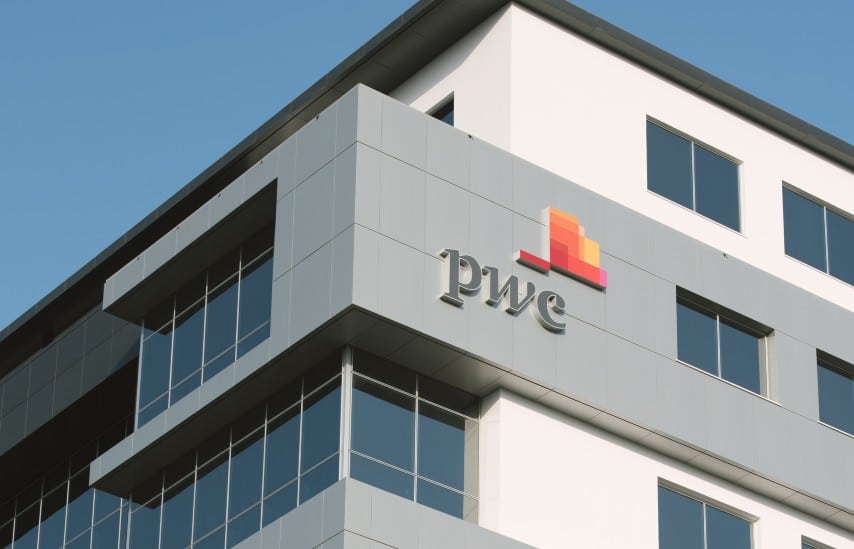Real estate brokers have expressed cautious optimism about the sector’s performance in 2025, according to consulting firm PwC.
In its latest report on the sector, PwC said that brokers are seeing stabilising conditions after several years of volatility while also warning that global uncertainties remain.
According to the company, investors are expected to expand further into alternative asset classes and explore creative financing solutions to secure returns above established benchmarks.
Traditional real estate categories will continue to attract capital, it explained, but on a risk-weighted basis, the returns of alternative classes appear more attractive.
Transaction volumes in 2025 are anticipated to increase, supported by greater market certainty and a widening range of investment property categories.
This prediction, PwC noted, is consistent with recent quarterly trends. However, the company also cautioned that elections in several countries and policy changes in the United States following the re-election of Donald Trump, particularly on trade, immigration and taxation, may weigh on activity.
It added that “if significant tariffs are imposed and lead to retaliation, this could create a higher inflation environment and a stronger US dollar, potentially impacting interest rate easing by central banks and investor confidence.”
In its report, PwC underlined that diversification is shaping strategy, with wellness-related real estate emerging as a key area of growth. Increased investor interest is expected as demographic shifts and consumer preferences evolve.
Citing United Nations figures, it said the global population over 80 is projected to triple from 163 million today to 445 million by 2050. In response, demand is rising across the care
spectrum, from nursing homes to independent living communities, but supply is not keeping pace.
To address this imbalance, the company explained, investors and developers are introducing new capital structures and business models to meet needs while preserving lifestyles.
Strategies range from renovating apartments to make them senior-friendly and offering multi-year leases, to converting commercial properties into mixed-use complexes with age-specific housing.
“Success in this space requires developers, investment partners and managers to embrace innovation and align closely with consumer preferences,” PwC said.
After a difficult period characterised by unpredictable interest rates, real estate M&A showed signs of stabilising in 2024, according to the report.
Although the first quarter recorded the lowest deal value in a decade, recovery signs emerged by the third quarter.
Overall, global deal value in the first nine months of 2024 fell 13 per cent compared with the previous year.
The trend varied across regions: in Europe, the Middle East and Africa, deal value rose 2 per cent, while in the Americas it fell 1 per cent and in Asia-Pacific it dropped 24 per cent.
Infrastructure was described by the company as a particularly attractive asset class, having shown strong growth over the past decade.
PwC referred to a World Economic Forum publication which characterised the relationship between real estate and infrastructure as reciprocal.
It noted that demand for artificial intelligence is spurring investment not only in technology firms but also in the data centres, digital infrastructure and power generation needed to support them.
Investors are pursuing co-investments with limited partners or joint ventures with established operators, though the size of projects requires sophisticated financing and operational expertise.
The report also pointed to the growing role of the insurance sector as an alternative source of capital. PwC said private equity investors have entered the sector through acquisitions and
strategic partnerships, strengthening links between insurance and real estate at a time when some traditional funding sources have pulled back.
It is also mentioned that over the past decade, some asset-heavy companies have changed their ownership structure to improve capital efficiency and increase enterprise value.
This approach, the company added, is now spreading to other industries, including wellness operators, renewable energy manufacturers, technology firms and consumer brands.
PwC finally said that it expects an increase in real estate M&A activity in 2025, supported by improved economic conditions, lower interest rates and capital availability. However, it warned that growth could be tempered by global trade tensions and other uncertainties.






Click here to change your cookie preferences